When job descriptions in logistics, warehousing, or manufacturing mention “material handling experience,” they’re referring to an individual’s ability to work safely and efficiently with material handling equipment. This experience goes beyond simply moving products—it encompasses understanding workplace safety standards, using specialized equipment, and improving operational efficiency across various industries.
Whether it’s operating forklifts for material handling, handling conveyors for material handling, or managing bulk material handling systems, material handling experience is an essential qualification in today’s workforce.
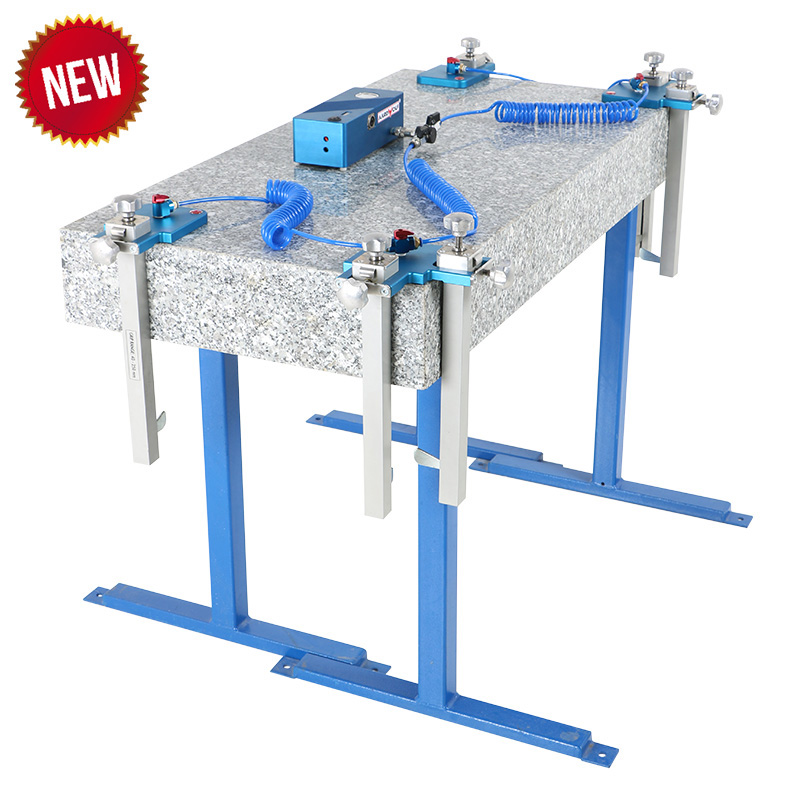
Table of Contents
ToggleDefining Material Handling Experience
Material handling experience means having the knowledge and skills to:
- Safely operate manual material handling tools such as trolleys, pallet jacks, or carts.
- Manage automated material handling systems like conveyor belts, robotics, or overhead systems.
- Apply industrial material handling solutions to streamline workflows.
- Implement safety best practices to prevent workplace injuries.
This type of experience shows employers that you can handle the movement, storage, and protection of goods within warehouses, factories, or construction sites effectively.
For an in-depth overview of fundamentals, see What Is Material Handling? Types, Equipment, Functions, Safety, and Warehouse Optimization.
Why Material Handling Experience Matters
Employers look for material handling experience because it ensures:
- Productivity Gains – Workers who are skilled with warehouse material handling equipment keep supply chains moving.
- Workplace Safety – Proper training reduces accidents, especially when handling heavy or fragile loads.
- Efficiency in Multiple Industries – From material handling in construction to pharmaceutical material handling systems, efficiency depends on trained professionals.
- Adaptability to Automation – Experienced employees can transition from manual handling to automation smoothly, improving operational performance.
Examples of Material Handling Experience
Someone with material handling experience may be able to:
- Operate forklifts, cranes, and hoists safely.
- Use slab lifters and vacuum lifters in stone and glass industries.
- Handle stone transportation with precision equipment.
- Work with material handling carts and trolleys for small load distribution.
- Understand bulk material handling equipment such as hoppers and silos.
This experience also covers applying best practices, such as wearing proper attire—see Loose Clothing Is Best to Wear When Handling Material?.
Skills Included in Material Handling Experience
Employees with material handling experience typically demonstrate:
- Technical skills: Knowledge of overhead material handling systems and equipment operation.
- Safety awareness: Familiarity with material handling safety standards and training.
- Problem-solving skills: Ability to adapt when equipment fails or when manual handling is required.
- Efficiency mindset: Understanding how material handling impacts the human labor force and improving productivity.
Career Opportunities Requiring Material Handling Experience
Industries that value material handling experience include:
- Warehousing & Logistics – Using forklifts, conveyors, and carts.
- Manufacturing – Feeding raw materials into production lines.
- Construction – Heavy-duty lifting and stone lifting clamps.
- Food & Pharmaceuticals – Precision handling with hygiene-focused equipment.
Employers often list these skills in job postings for material handlers, warehouse associates, logistics coordinators, and machine operators.
Building Material Handling Experience
To gain or improve material handling experience, consider:
- Training Programs – Enroll in material handling training programs that cover forklifts, cranes, and ergonomic safety.
- On-the-Job Practice – Hands-on work in warehouses, construction sites, or factories builds practical knowledge.
- Certifications – Forklift or hoist certifications enhance career prospects.
- System Design Awareness – Learn about material handling system design considerations.
Benefits of Strong Material Handling Experience
- Improved career opportunities – Employers prioritize candidates with proven handling skills.
- Safer workplaces – Trained employees reduce injury rates.
- Lower operational costs – Efficiency reduces labor and equipment damage.
- Scalability – Experienced employees adapt to both manual material handling tools and automation.
Conclusion
So, what is material handling experience? It’s the ability to work confidently and safely with material handling equipment across industries like logistics, construction, and manufacturing. From forklifts and cranes to bulk material handling systems, this experience is vital for ensuring smooth operations.
Employers value candidates with these skills because they ensure efficiency, safety, and adaptability in environments where the movement of materials drives business success.
✅ Related Resources
- ToolRange – Industrial solutions and suppliers
- Smart Strategies for Safe and Efficient Stone Transportation
- What Is Covered Under Material Handling?

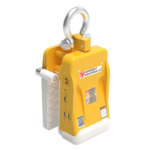
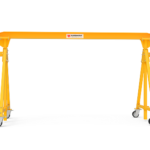
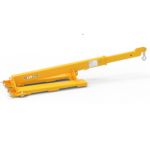
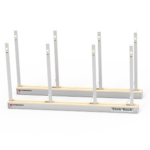
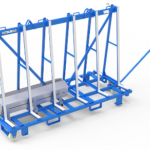

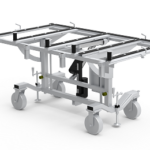
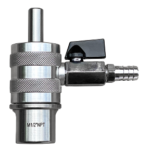
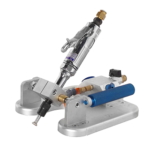
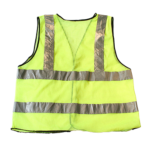

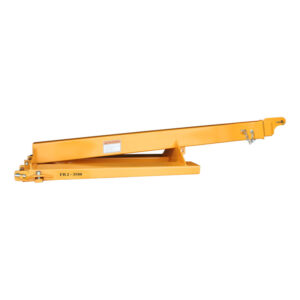
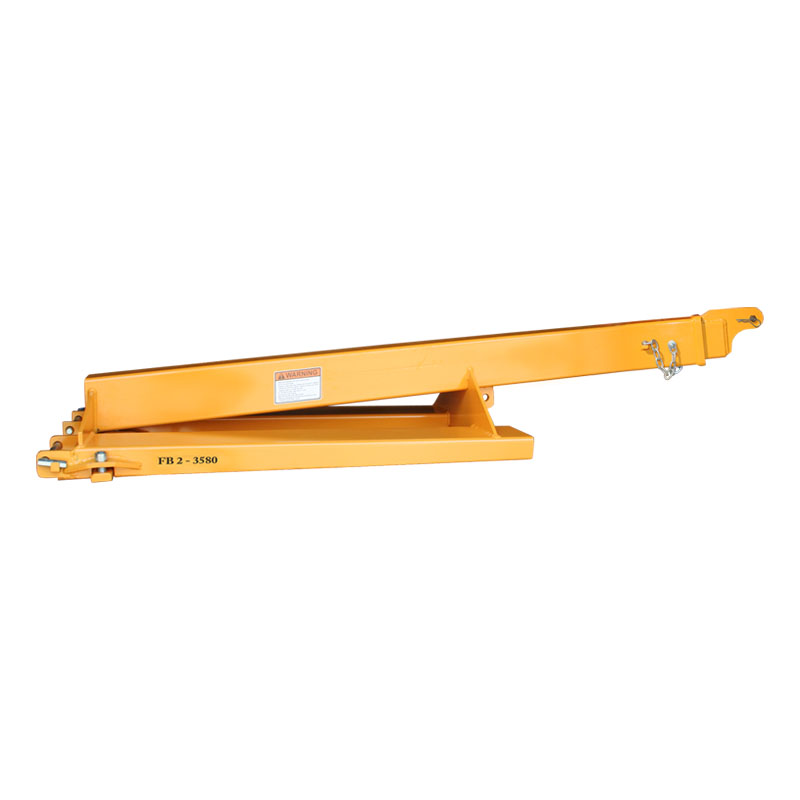
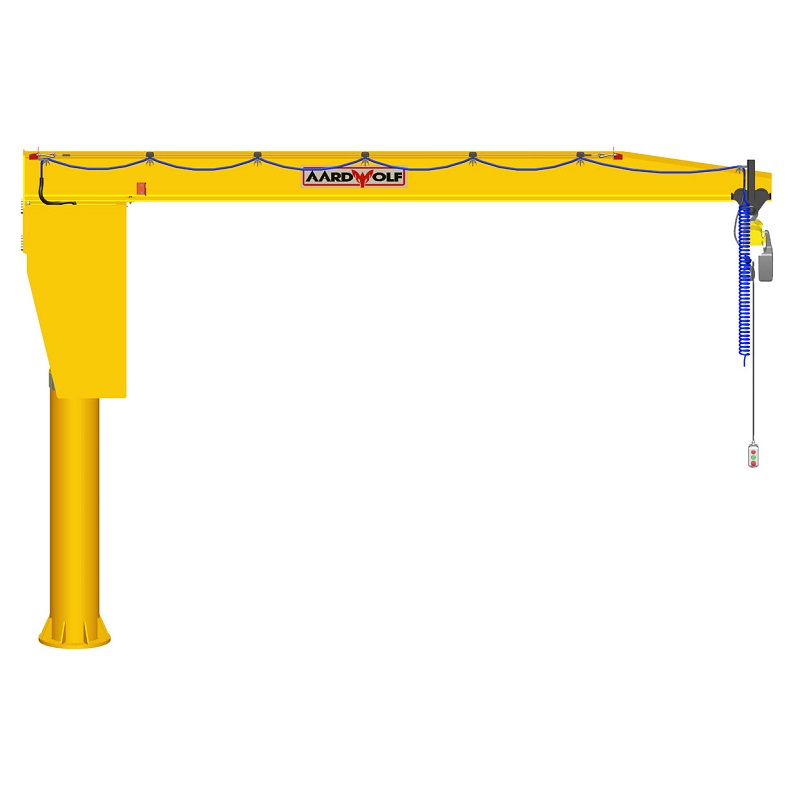


Please log in to leave a comment.